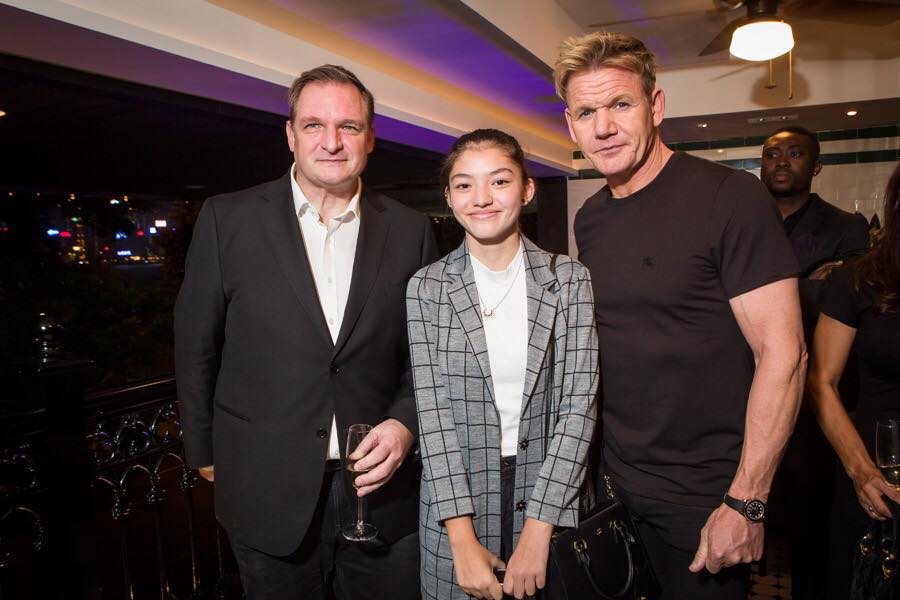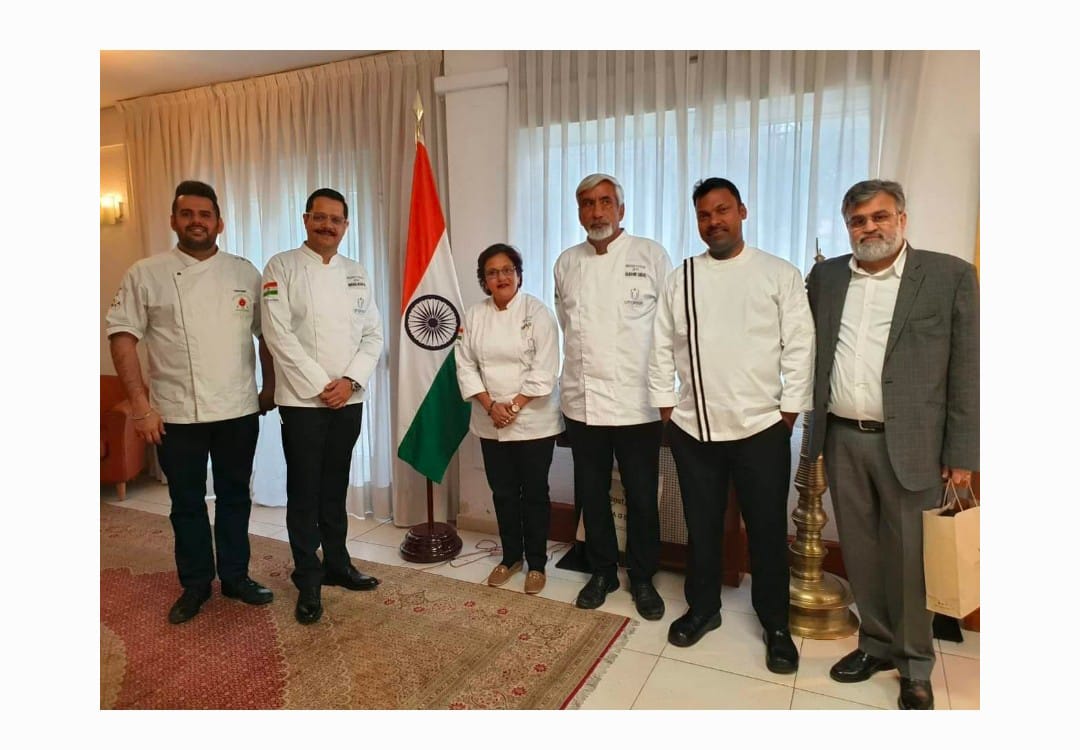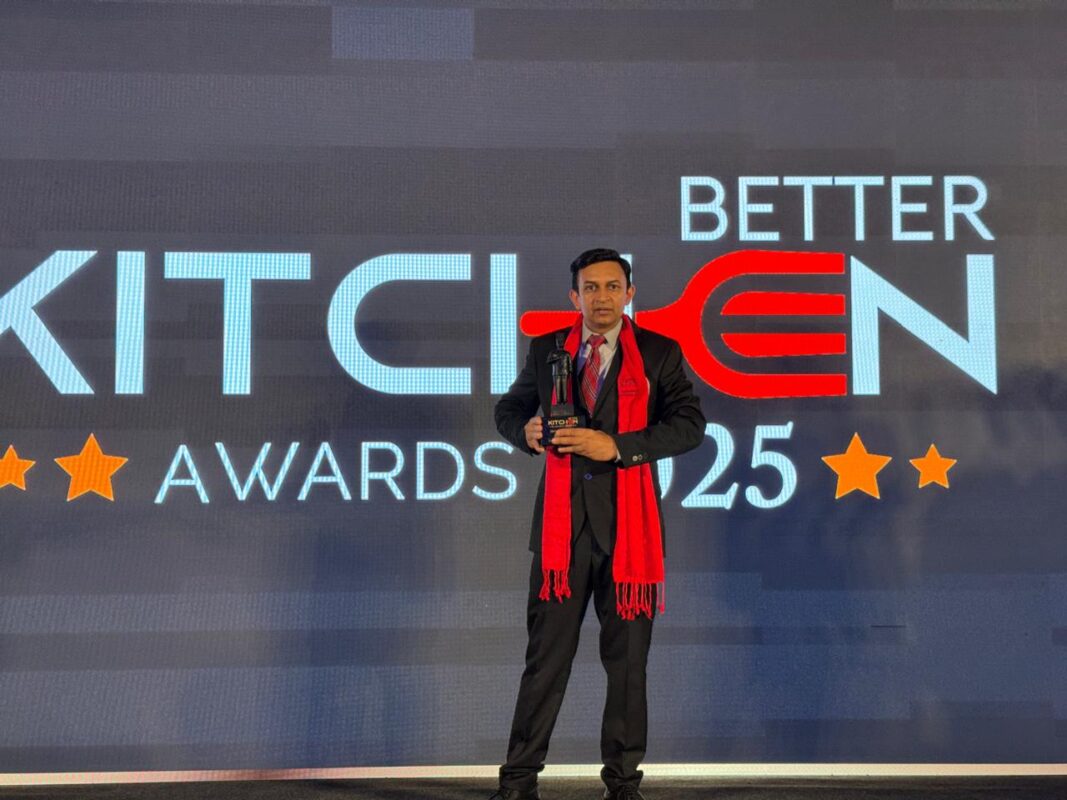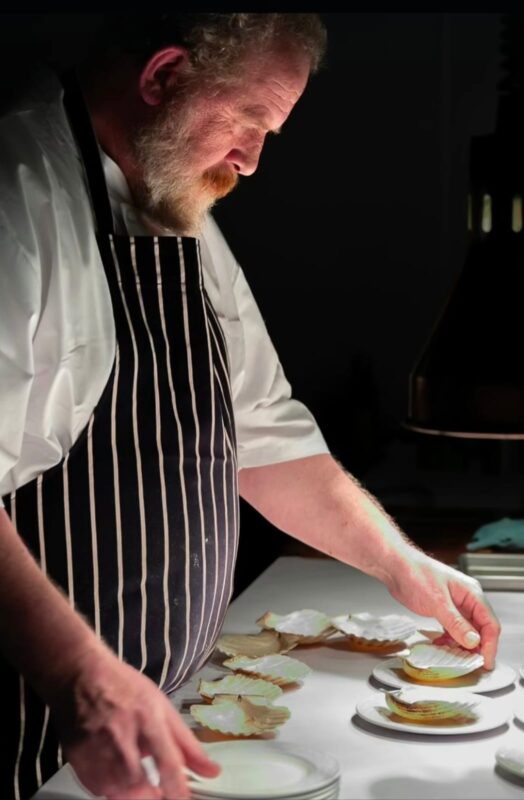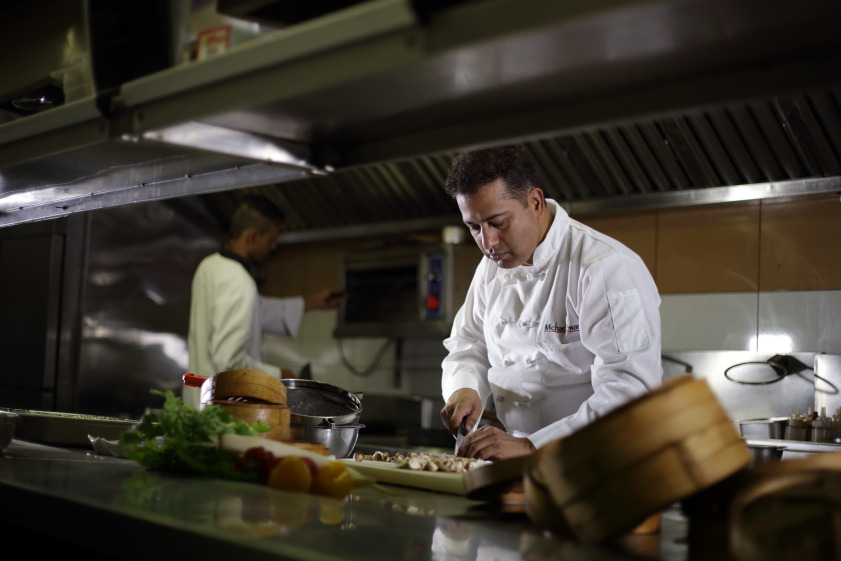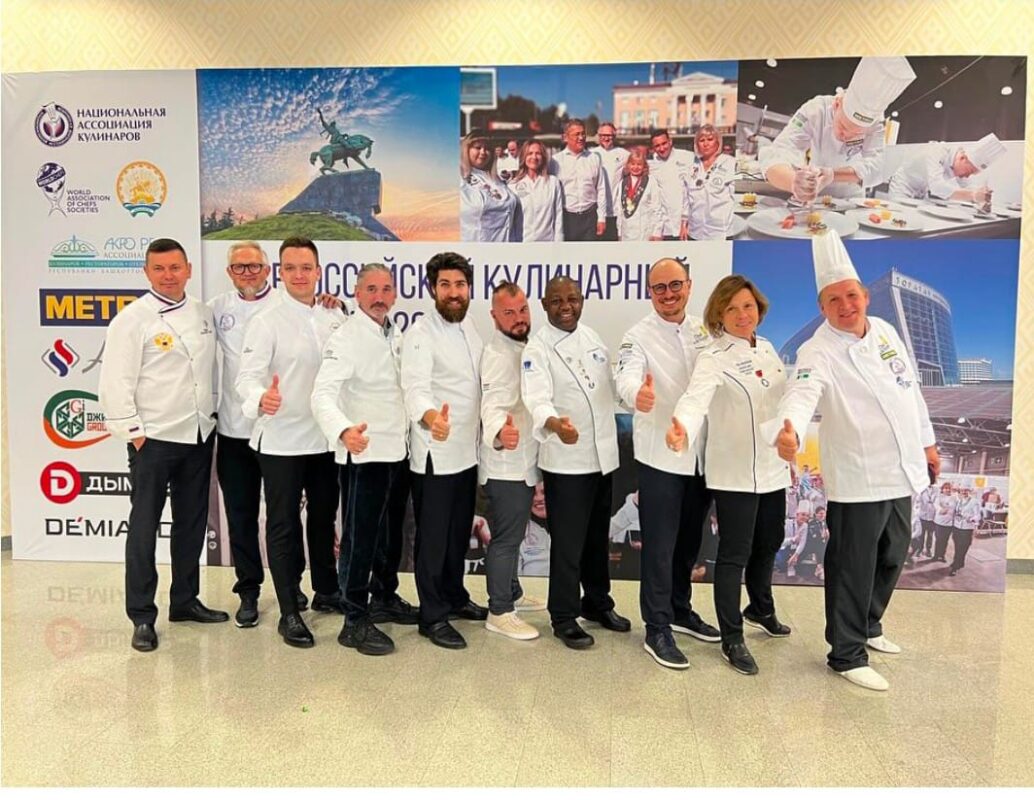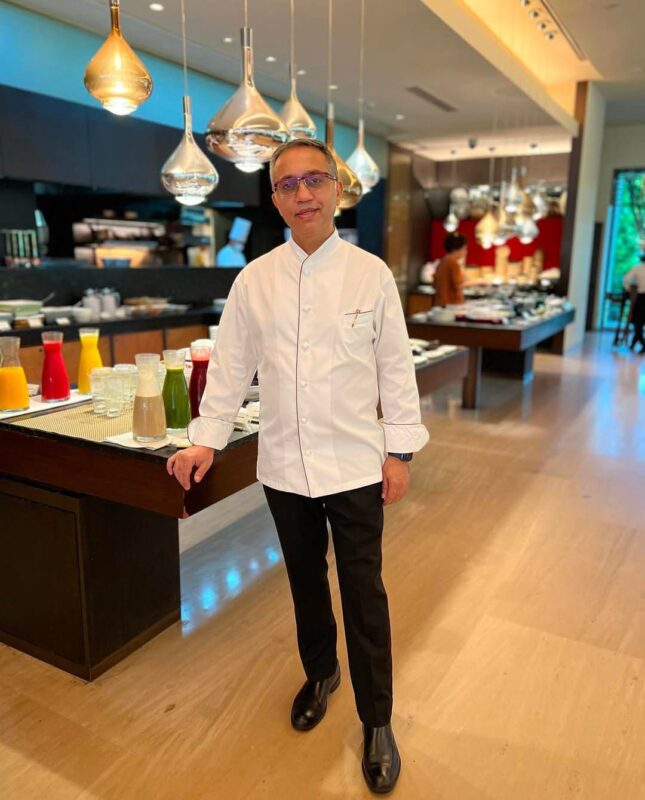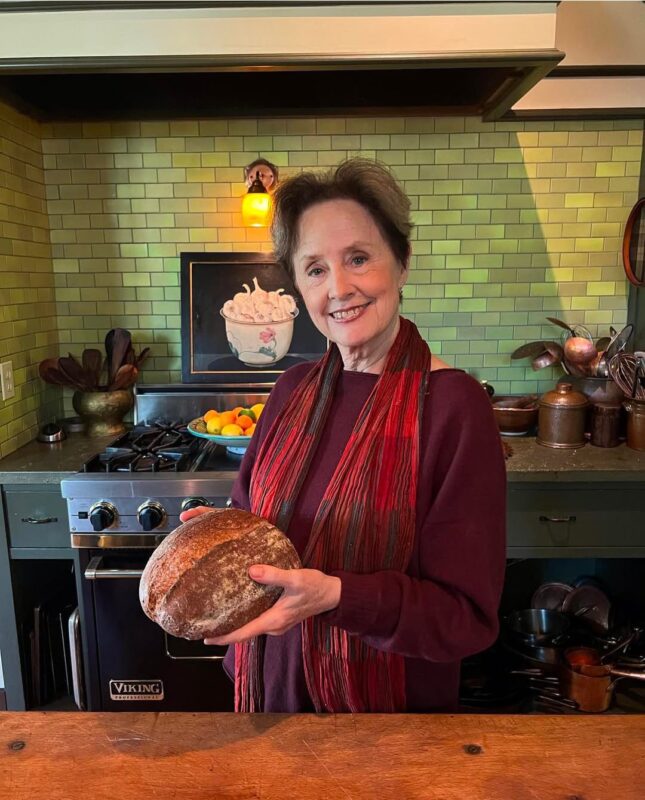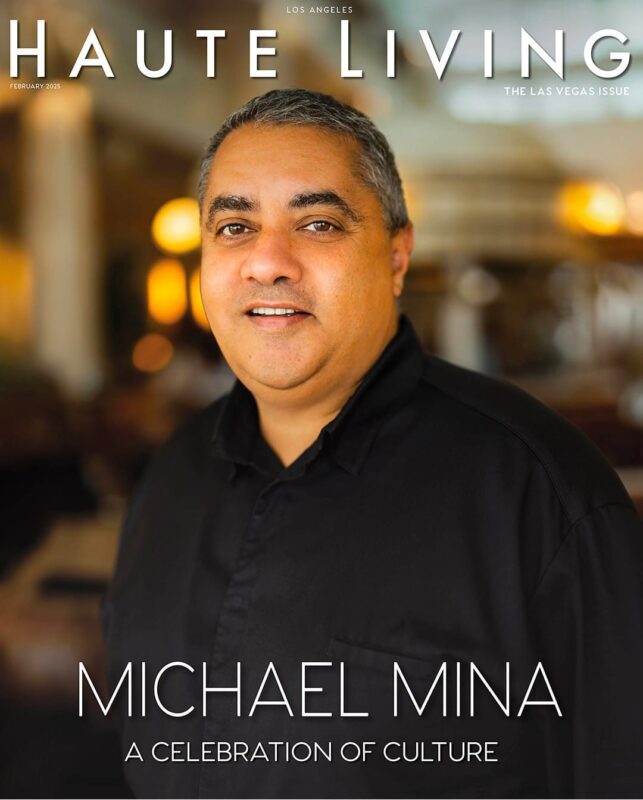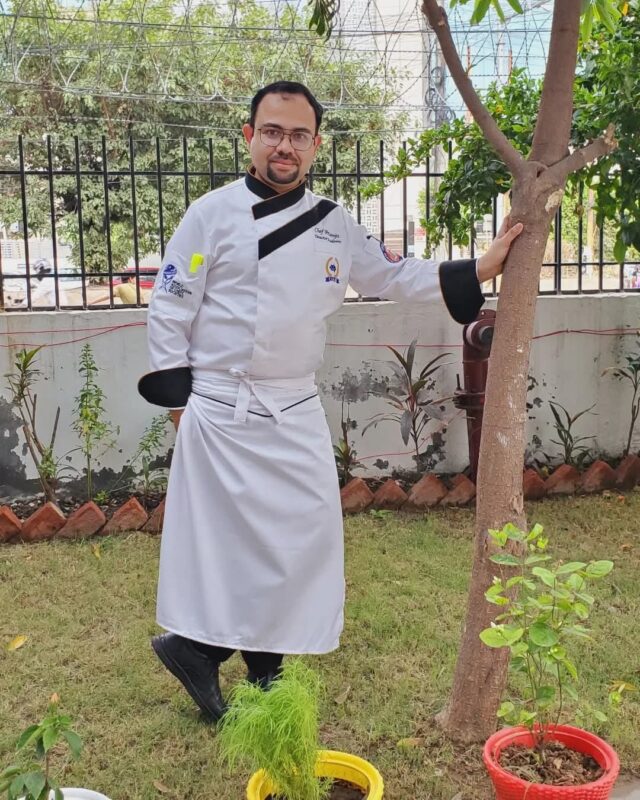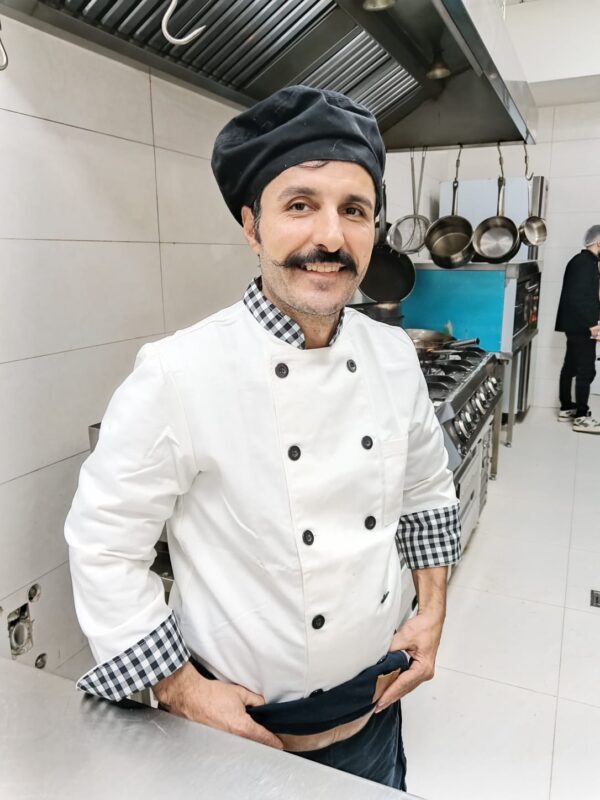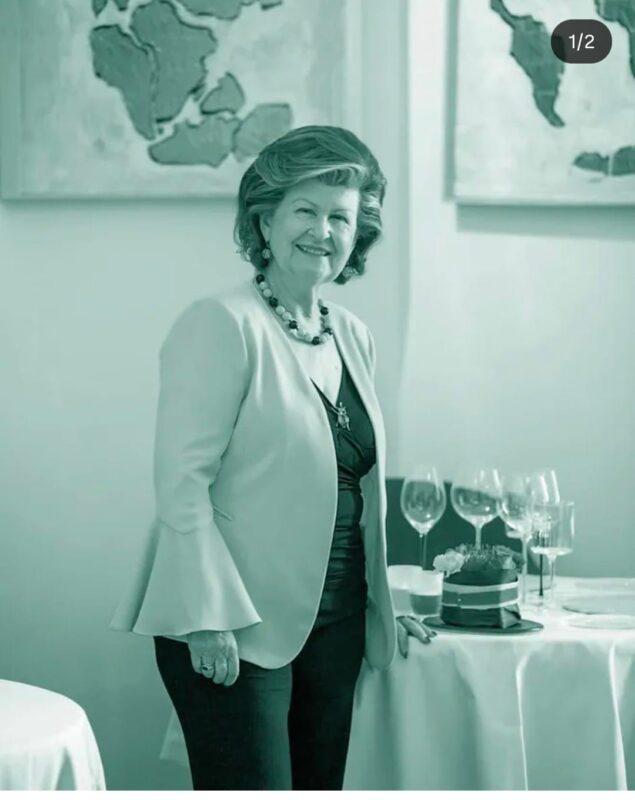
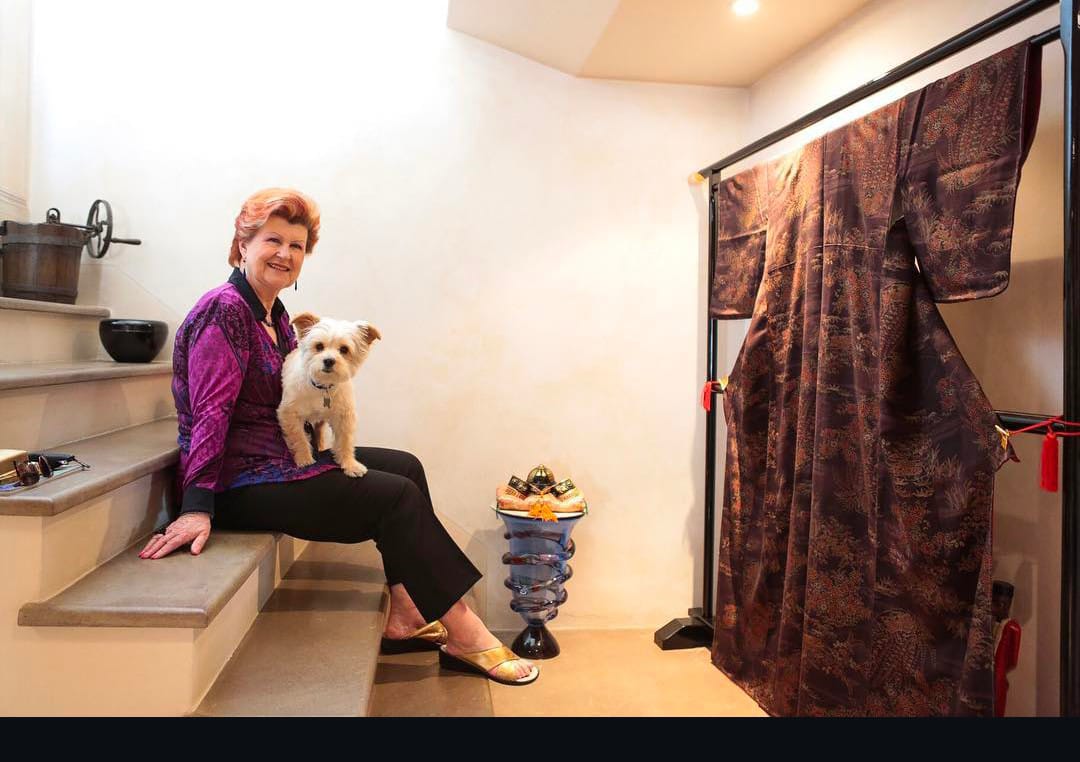
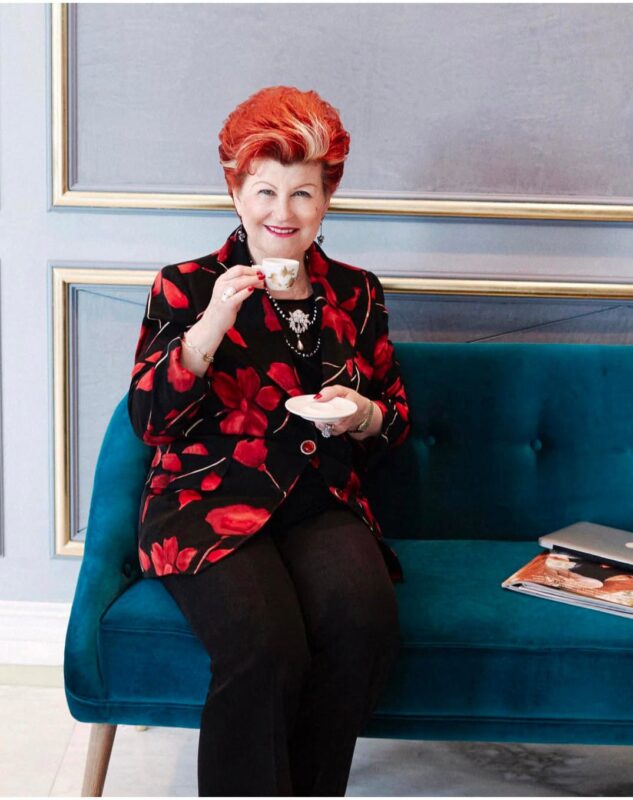
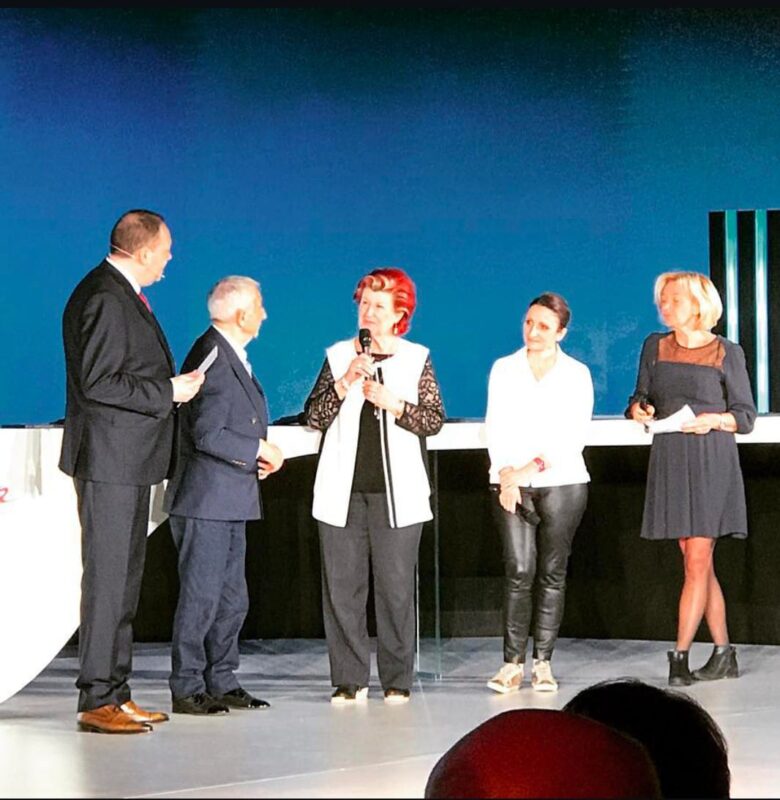
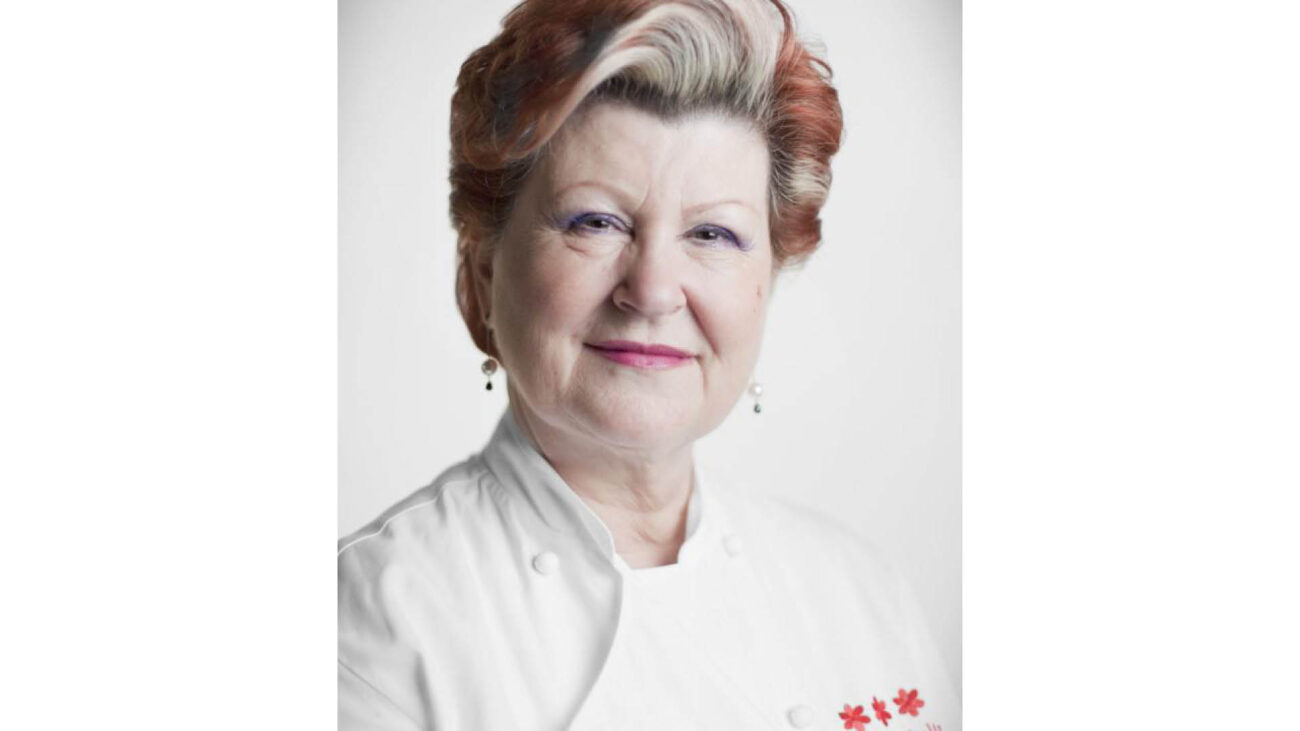
Chef Annie Féolde – Michelin Maestro of Modern Tuscan Cuisine | Founder of Enoteca Pinchiorri
A Pioneer in the World of Haute Cuisine
In the elite realm of fine dining, where precision, artistry, and legacy define greatness, Chef Annie Féolde stands as a beacon of excellence. As the first woman in Italy to be awarded three Michelin stars, and only the fourth woman in the world to achieve this distinction, her culinary journey is as extraordinary as her dishes. Co-founder of the world-renowned Enoteca Pinchiorri in Florence, Chef Féolde not only transformed the restaurant into a global gastronomic destination but also inspired generations of chefs, especially women, to dream beyond borders.
Her self-taught mastery of modern Tuscan cuisine, her flair for innovation, and her unwavering dedication to quality have solidified her status as one of the most influential figures in contemporary gastronomy.
🌿 Early Life & Background: French Roots with Italian Destiny
Childhood Near Nice, France
Annie Féolde was born in 1945 near Nice, along the glamorous southern coast of France. Her childhood was steeped in the rhythms of the hospitality industry. Her parents both worked at the iconic Hôtel Negresco, a five-star establishment synonymous with French Riviera elegance. Her grandmothers were also closely involved in hospitality, passing on not only skills but a deep sense of respect for food and service.
Growing up alongside her brother, Féolde experienced a household where gender roles were blurred—everyone was expected to contribute equally. This sense of empowerment and equality became a foundation for her future resilience and leadership in male-dominated professional kitchens.
🛤️ Formative Years: Learning Through Life
Language, Independence, and Cultural Curiosity
After completing her secondary education, Annie pursued multiple paths to gain cultural exposure and linguistic proficiency. She worked at La Poste in Marseille, followed by a transformative stint as a nanny in London, where she learned English. These years built her independence and resourcefulness—skills that would later serve her well in the kitchen and in business.
Arrival in Florence
In May 1969, Féolde arrived in Florence, Italy, aiming to learn the Italian language and immerse herself in a new culture. However, financial constraints made formal language school inaccessible. Undeterred, she found work in a local restaurant. What began as a means to survive became the spark that ignited her lifelong passion for cooking. It was here, in the heart of Tuscany, that Féolde began her culinary apprenticeship—not in classrooms, but through observation, experimentation, and hard-earned experience.
🏛️ The Birth of Enoteca Pinchiorri: From Wine Bar to Global Institution
Meeting Giorgio Pinchiorri
In 1970, fate introduced her to Giorgio Pinchiorri, an Italian sommelier with a vision to bring the world’s finest wines to Florence. Their partnership extended beyond the romantic and evolved into a business venture when they acquired Enoteca Nazionale. By 1979, they had transformed it into Enoteca Pinchiorri—a wine bar that would eventually become one of the most celebrated restaurants in the world.
Culinary Transformation
Originally, Enoteca Pinchiorri offered an impressive selection of wines accompanied by simple hors d’oeuvres. But Féolde envisioned more. She began to introduce warm, refined dishes in 1974, gradually building a full-scale fine-dining menu. With no formal culinary training, she relied on cookbooks, observations, and conversations with experts. Her cooking quickly gained attention for its clean flavors, ingredient respect, and balance of tradition and creativity.
⭐ Michelin Milestones: Breaking Barriers and Making History
1981: First Michelin Star
In a historic moment for Italian gastronomy, Féolde’s vision was validated when Enoteca Pinchiorri earned its first Michelin star.
1982: Second Michelin Star
Just a year later, the restaurant secured its second star, signaling consistent excellence and innovation.
1992: Third Michelin Star
By 1992, Enoteca Pinchiorri received its third Michelin star, and Annie Féolde became the first woman in Italy and only the fourth woman globally to achieve this honor. It was a victory not just for her but for every woman dreaming of a career in haute cuisine.
The Fire and the Comeback
In 1994, a fire destroyed much of the restaurant’s prestigious wine cellar and impacted operations. The restaurant lost one of its stars. But Féolde’s resilience proved stronger than adversity. By 2004, Enoteca Pinchiorri reclaimed its third star—making it the only restaurant in Italy to lose and regain three Michelin stars.
🍷 Culinary Philosophy and Signature Style
Modern Tuscan Cuisine with a French Soul
Féolde’s cooking is best described as modern Tuscan cuisine, elevated by French techniques and sensibilities. She focuses on:
- Local and seasonal ingredients
- Simplicity and clarity of flavors
- Perfect execution and balance
- Visual elegance and minimalism
Her dishes are grounded in tradition but speak to modern palates. Favorites often include delicate takes on classic Tuscan meats, legumes, truffles, olive oil, and cheeses.
Self-Taught Mastery
Féolde educated herself using the works of Anna Gosetti della Salda and Edoardo Raspelli, developing her own language of flavors. Her approach combined discipline, intuition, and a lifelong passion for excellence.
🌍 Global Influence and International Ventures
Enoteca Tokyo and Nagoya
In 1992, Féolde expanded her vision globally by launching a branch of Enoteca Pinchiorri in Tokyo, introducing Japanese diners to her brand of Italian elegance. This was followed by another opening in Nagoya in 2008.
The Artisan – Dubai
In 2016, she introduced The Artisan in Dubai—a more casual but still refined take on her culinary ethos. The goal was to democratize luxury dining while retaining the DNA of Pinchiorri.
👩🍳 Advocate for Women in Gastronomy
Féolde is a proud and vocal champion of women in professional kitchens. Her career has served as a case study in perseverance and grace under pressure. In a field historically dominated by men, she has:
- Mentored dozens of female chefs
- Insisted on gender equality in her kitchens
- Actively participated in initiatives to promote diversity
She once said:
“Talent has no gender. Kitchens must welcome anyone willing to work hard and respect the craft.”
🎤 Public Presence and Media Engagement
- Judge on Top Chef Italia (2017)
- Jury member of S.Pellegrino Young Chef (2018)
- Regular speaker at international gastronomy forums
- Interviewed in culinary magazines and documentaries across Europe and Japan
Féolde uses her platform not for self-promotion, but to educate, inspire, and elevate culinary discourse.
🏅 Awards & Honors
- Three Michelin Stars – Multiple times
- Caterina de’ Medici International Award (1994)
- Knight of the National Order of Merit – France (2006)
- Legion of Honour – France (2017)
- Named in Les Grandes Tables du Monde
- Honored by Gault & Millau, Espresso Guide, and Relais & Châteaux
🧩 Personal Life and Preferences
Despite her fame, Féolde remains grounded and private.
- Favorite breakfast: Yogurt and espresso
- Dislikes: Raw onions and garlic
- Loves: Anchovy paste, nostalgic childhood eggs
- Most memorable moment: Being surprised by Paul Bocuse and fellow three-star chefs celebrating her 1992 milestone. She was overwhelmed, saying, “I felt like I had climbed Everest barefoot.”
🥂 Legacy & Impact
Annie Féolde’s name is etched in culinary history books. But more than her accolades, it is her:
- Discipline
- Resilience
- Empathy
- Mentorship
…that continue to influence generations.
She proved that self-education, passion, and persistence can break ceilings, shift paradigms, and redefine what it means to be a chef.
📝 Final Words: A Culinary Icon Without Borders
Chef Annie Féolde isn’t just a chef—she’s a visionary, teacher, and trailblazer. From a wine bar in Florence to a three-star temple of gastronomy, from handwritten recipes to global influence, her journey is a masterclass in culinary artistry and human courage.
As of today, Enoteca Pinchiorri remains one of the world’s most respected restaurants, and Féolde’s influence reaches far beyond its marble walls.
“Cooking,” she once said, “is not just about taste. It’s about emotion, memory, and respect—for the ingredient, the plate, and the person you’re feeding.”
Annie Féolde’s story is a powerful reminder that the kitchen is not only a place of creation—but of revolution.

